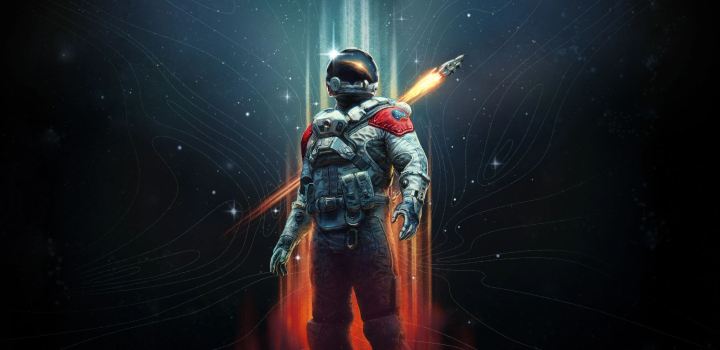
If you’ve installed the latest Windows 11 update and you’ve been experiencing all sorts of issues ever since, you’re not alone And if you’re still yet to install it, it’s probably best hold off on it for now. Many users have been reporting problems following the recent update, including crashes, slowdowns, and blue screens of death (BSOD). Gamers appear to be affected most of all, with some reporting stuttering in Starfield and Ratchet and Clank: Rift Apart.
Following the latest update released on Patch Tuesday, various reports of problems started pouring in across social media and Microsoft’s Feedback Hub. Microsoft itself hasn’t spoken up about this yet, but considering the number of reported issues, we could soon hear an official comment on the situation. If you’ve already installed the update and aren’t experiencing problems, you have nothing to worry about. If you have installed and are encountering issues, it’s best to revert to the previous version and reach out through the Feedback Hub.
The security update in question (KB5030219) is a mandatory one, which might explain the scale of the problem. Blue screens seem like the most severe outcome of installing the patch, as reported by the readers of Windows Latest. Fortunately, Windows should automatically uninstall the update if unable to boot following a BSOD, but it appears that for some people, their devices were rendered entirely unusable, without an option to get past the BIOS.
Some users also reported that they couldn’t even boot their PCs properly after applying the patch, while others experienced freezes on lock screens. Lastly, various network problems started cropping up, preventing users from connecting to the internet.
Upgrading to version 22621.2283 also brought on problems with the Start menu and the Search function, both of which appear to be broken for some people, according to user reports on Reddit and Microsoft’s Feedback Hub.

That’s not the extent of it, though. Starfield gamers have been hit the hardest, with people reporting on Reddit and in the Feedback Hub that the game became unplayable following the September update.
“Launched Windows today, it requested a reboot for installing an update. After rebooting, 99th % of frames per second (fps) is 4 according to Nvidia Overlay. In the performance monitor, I can see that the CPU usage stays at 1-2% when the game is running,” said u/Everlier on Reddit. Several others appear to be experiencing the same sort of issue.
In the case of Starfield, Nvidia’s recent drivers have also been suspected to be the culprit — and we all know that can happen sometimes. However, rolling back Nvidia drivers didn’t always help, so it might be Windows after all. It’s hard to say with any certainty until Microsoft itself speaks up on the matter.
That’s what’s tricky about Windows updates. In some cases, it’s not the update itself, but conflicts with other drivers or pieces of software.
This is the second problematic update in the last month or so. Last time, those with some of Intel’s best processors got stuck in BSOD loops until the update eventually auto-uninstalled. Time and time again, it’s proven that it’s often best to wait a few days to install fresh updates if you can — you never know what they might unleash.



